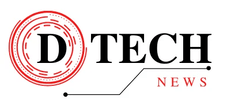**Penguin Random House: A Bold Stance on AI and Copyright Protection**
—
The Bold Stand Against AI Training
In today’s digital landscape, where artificial intelligence (AI) seems to touch every facet of creativity and commerce, Penguin Random House has taken a significant stand. The globally recognized publishing titan, celebrated for its eclectic array of literary works, has announced a decisive measure: their books are strictly off-limits for AI training. This decision is rippling through both tech and literary circles, igniting discussions about copyright, ethics, and the future of creativity.
The Impactful Decision
Penguin Random House manages a vast repository of iconic titles and beloved authors. With this recent policy, they assert that no AI system will use their literature to build databases or train algorithms. This is not just a corporate maneuver; it presents a broader challenge to the norms surrounding author rights and AI’s ethical boundaries. This policy safeguards the intellectual property and the immense creativity behind each book, aiming to prevent AI from exploiting these resources without consent.
– Protecting intellectual property
– Safeguarding creative labor
– Establishing boundaries for AI learning
This bold move exemplifies the growing unease felt across creative industries about AI’s reach and its potential implications on original content creators.
The Broader Ethical Implications
AI developers commonly depend on large datasets, such as books, for enhancing machine learning efficiencies. While this fosters AI growth, it also raises profound questions regarding copyright rights and the originality of AI-generated outputs. Penguin Random House’s insistence on upholding their ownership rights defends not just their interests but also advocates for a more equitable arena for writers and creatives worldwide.
The publisher’s stand illustrates the urgent need for establishing ethical frameworks guiding AI training data. By denying AI access to their publications, Penguin Random House fosters a significant equilibrium between technological growth and author privileges.
– Advocating author rights
– Promoting fair use
– Encouraging ethical AI practices
A Message to the Industry
The decision by Penguin Random House could set a transformative precedent for publishers and content creators navigating similar predicaments. It sounds a clarion call for the industry to revisit and update copyright regulations to synchronize with the rapid digital advancements.
Their stance likely propels other creative entities to reconsider strategies concerning AI alliances, ensuring that intellectual property rights are maintained and acknowledged.
– Inspiring similar actions across the industry
– Triggering reassessment of copyright laws
– Assisting in defining ethical standards
Looking Ahead
As AI technology inexorably advances, its fusion with various sectors demands ongoing discussions and regulations to ensure adherence to ethical practices. Penguin Random House’s proactive approach could help in devising new standards and guidelines that nurture collaboration without jeopardizing creators’ rights.
For both readers and authors, this evolution underscores the necessity of valuing original content and protecting it against unauthorized deployment. As the dialogue around AI and copyright intensifies, Penguin Random House remains a vanguard, upholding the sanctity of the written word in the contemporary digital sphere.
– Championing original content value
– Preventing unauthorized use
– Leading the conversation on AI ethics
Conclusion
Penguin Random House’s decision marks a critical milestone in the evolving dynamic between AI and creative industries. By choosing to shield their books from AI training, they protect intellectual property rights in today’s digital age. This stance not only safeguards authors’ interests but also sets a vital precedent for others within the literary landscape. As we move into the future, it is evident that the conversation between AI and copyright is only beginning—and with Penguin Random House spearheading the change.
– Reinforcing intellectual property importance
– Setting industry standard
– Leading AI and copyright dialogue




















































